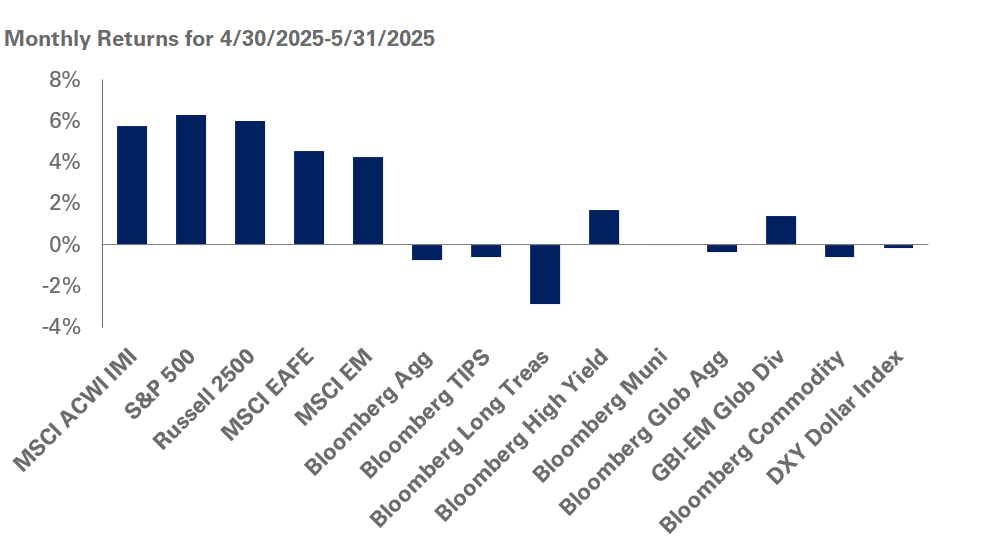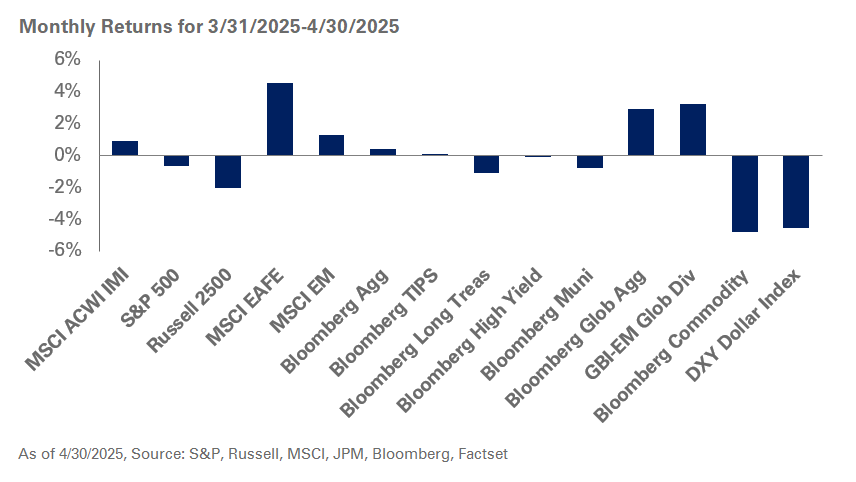In 2013, a basketball player on the Philadelphia 76ers introduced the phrase “Trust the Process” to convince fellow players and fans to have faith in the long-term potential of the team during a rebuilding year. Ever since it has become the tagline chanted by fans at 76er’s games. The phrase has also been utilized by other coaches and leaders to persuade sceptics to stay the course. While it is easy to ask others to trust a process, it is quite difficult to build a process worthy of trust.
Building a Process Worthy of Trust Requires Principles
Trust in anything comes from a consistent pattern of behavior. For example, we trust that the sun will rise every morning because it does that day after day. For individuals and institutions to achieve a consistent pattern of behavior, they must rely on principles to govern their actions. By definition, a principle is a fundamental truth or proposition that serves as the foundation for a behavior or chain of reasoning. As a young man, the Boy Scouts taught me the importance of principle based living. The scout law and slogan emphasize the importance of always being prepared and striving to do a selfless act of service daily.
A mere proclamation of your principles will not earn you the trust you seek in yourself or a process. Trust is the result of strict adherence to principles which promote consistency. Again, it is a consistent behavior or result that is worthy of trust. This not only applies to individuals and institutions, but also to successful investment programs. The world’s most astute investors and investment management firms have established a consistent track record of strong performance results by employing a set of principles to aide them in their decision-making process. While they may not always be referred to as principles, they are rather easy to identify. Some of my favorite principles from well-known investors include the following:
- “Be fearful when others are greedy, and greedy when others are fearful.” – Warren Buffet
- “Buy what you know.” – Peter Lynch
- “You make most of your money in a bear market, you just don’t realize it at the time.” – Shelby Cullom Davis
- “Successful investing involves doing a few things right and avoiding serious mistakes.” – Jack C. Bogle
- “Buy when there’s blood in the streets, even if the blood is your own.” – Nathan Rothschild
- “Profit from volatility. Buy low, sell high.” – Benjamin Graham
- “Make the idea count … Good investment ideas should not be diversified away into meaningless oblivion.” – Bill Gross
Ray Dalio, one of the world’s most respected investors, is an advocate for principle-based investing and living. He believes principles are simply “smart ways for handling things that happen over and over again in similar situations.” Principles help to increase the objectivity of what may seem like highly subjective decisions. They serve as a guide when emotions are high, the obvious answer is not apparent and the consequences for making the wrong decision may be significant.
David Swensen once said that “successful investing requires the adoption of uncomfortably idiosyncratic positions.” The current market environment is becoming increasingly more uncertain and complex, forcing investors to make very difficult and uncomfortable decisions. Those that have a set of time-tested principles to aide them in making those decisions will be better able to mitigate their level of discomfort and increase their likelihood of achieving their investment objectives.
Stand on the Shoulders of Giants
While it is best for investors to employ a set of investment principles derived from their own experience, it may not always be possible. In those cases, we suggest investors follow the guidance of Sir Isaac Newton and “stand on the shoulders of giants.” To achieve this, embrace the principles that have led investors to success. It can also be accomplished by relying on investment advisors and managers, such as NEPC, who have established their own principle-based, time-tested processes worthy of trust.



